Exercise can help you sleep better: fitness expert recommends the best slumber-inducing workouts
From walking to HIIT, fitness expert recommends the best exercises to help you fall asleep

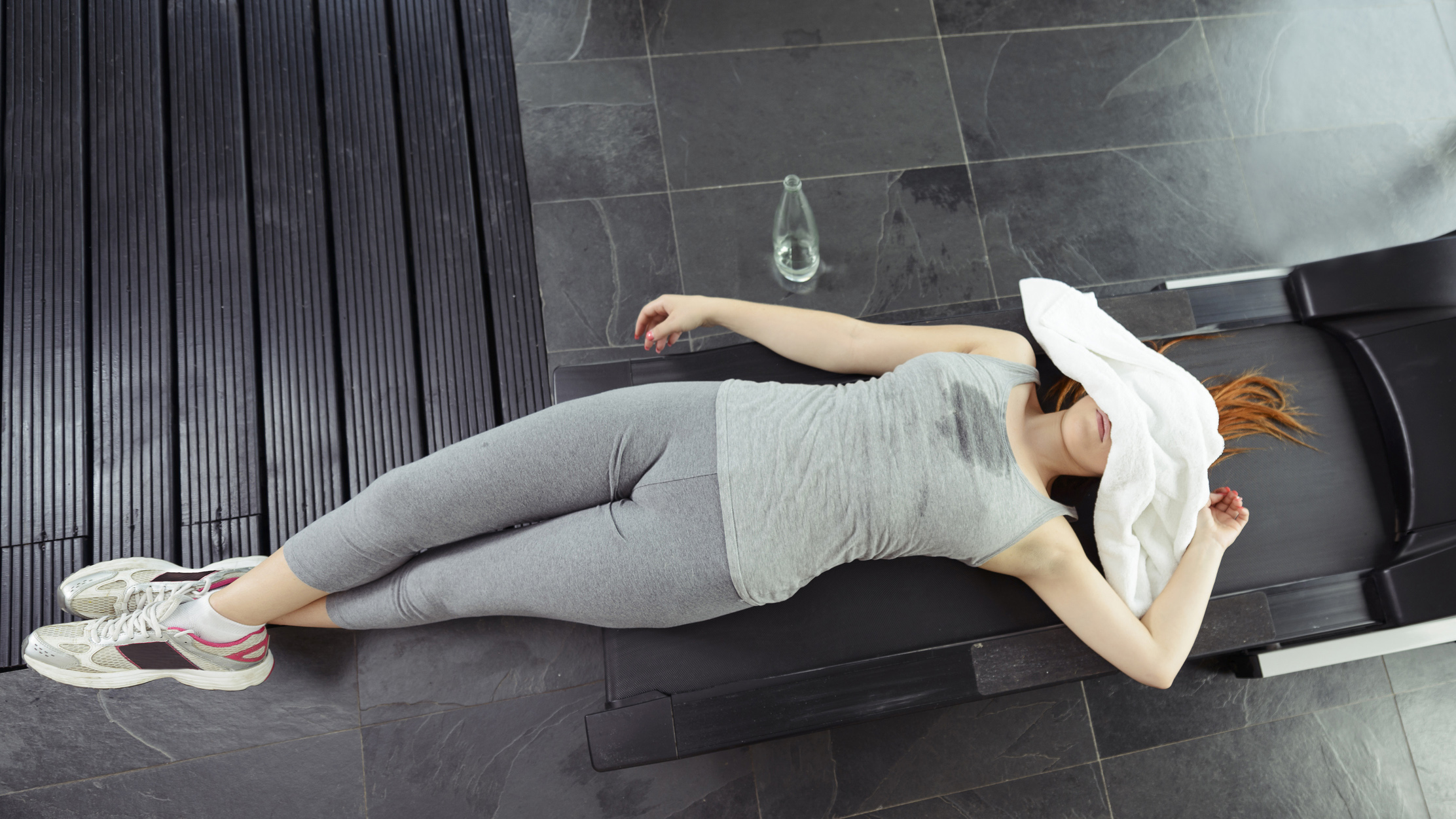
Here is another reason why to look forward to gyms reopening in the UK: frequent exercising can help you sleep better. We already knew there is no limit to the benefits of exercise in reducing the risk of cardiovascular disease, not to mention certain types of workouts can effectively blast belly fat and boost metabolism, but as it turns out, your slumber can also be improved by doing workouts more often.
For those who are struggling to switch off after a day of working remotely – although this might change soon – and being stuck indoors, Steven Virtue, Fitness Development Manager at Total Fitness, has shared insight into how exercise can help regulate your sleep and the best exercises to help you drift off at night.
How does exercise help you sleep better?
As Steven explains, "When you exercise, your body breaks down energy stores, works muscles to the point of fatigue, and takes our body outside its resting normal state. As you expend energy, your body will feel physically tired due to the stresses placed upon it through training. Your central nervous system also loses its ability to recruit and activate muscle which causes muscle fatigue, therefore making you feel tired."
However, there is no need to apply 'the more' the merrier' principle here: "Whilst it’s important not to over-exert yourself, it is normal to feel a sense of physical fatigue after exercising and this will help you to feel ready for sleep in the evening. Furthermore, an increase in your level of physical activity will also increase the amount of time spent in deep sleep, which is the most physically restorative phase of sleep. This restorative phase of sleep enhances regeneration & repair, both physical and hormonal", Steve says.
Studies have found that frequent aerobic exercise, for periods of 30 minutes or more, can improve sleep quality and reduce excessive daytime sleepiness for people with insomnia. Needless to say, there is no need for you to wait until you can't sleep at all: simple lifestyle changes such as increasing your activity levels can help to improve sleep.
When should I exercise to help sleep?
Studies suggests that the best time to exercise in order to lose weight is early morning but there is no evidence that exercising in the evening will have a negative impact on your wellbeing and especially sleep. However Steve suggests leaving at least two hours between intense physical aerobic activity and going to bed. This allows time for your body to reach its normal resting state post exercise (homeostasis) whilst also helping to protect your bedtime routine.
What works for you might not work others pick a workout time that best suits your daily routine and when you feel most motivated. This could be early morning before the kids get up or a quick walk or jog during lunchtime.
Get all the latest news, reviews, deals and buying guides on gorgeous tech, home and active products from the T3 experts
"Slow paced exercises which place an emphasis on breathing, such as yoga, can be a great addition to your evening schedule and will help you to relax just before bed", steve recommends, "Try lighting a few candles and turning out the room lights so you can really relax into the movements."
What are best exercises to help sleep?
Whilst any form of physical activity will contribute towards a better night sleep, there are some exercises that are particularly effective in helping people fall asleep:
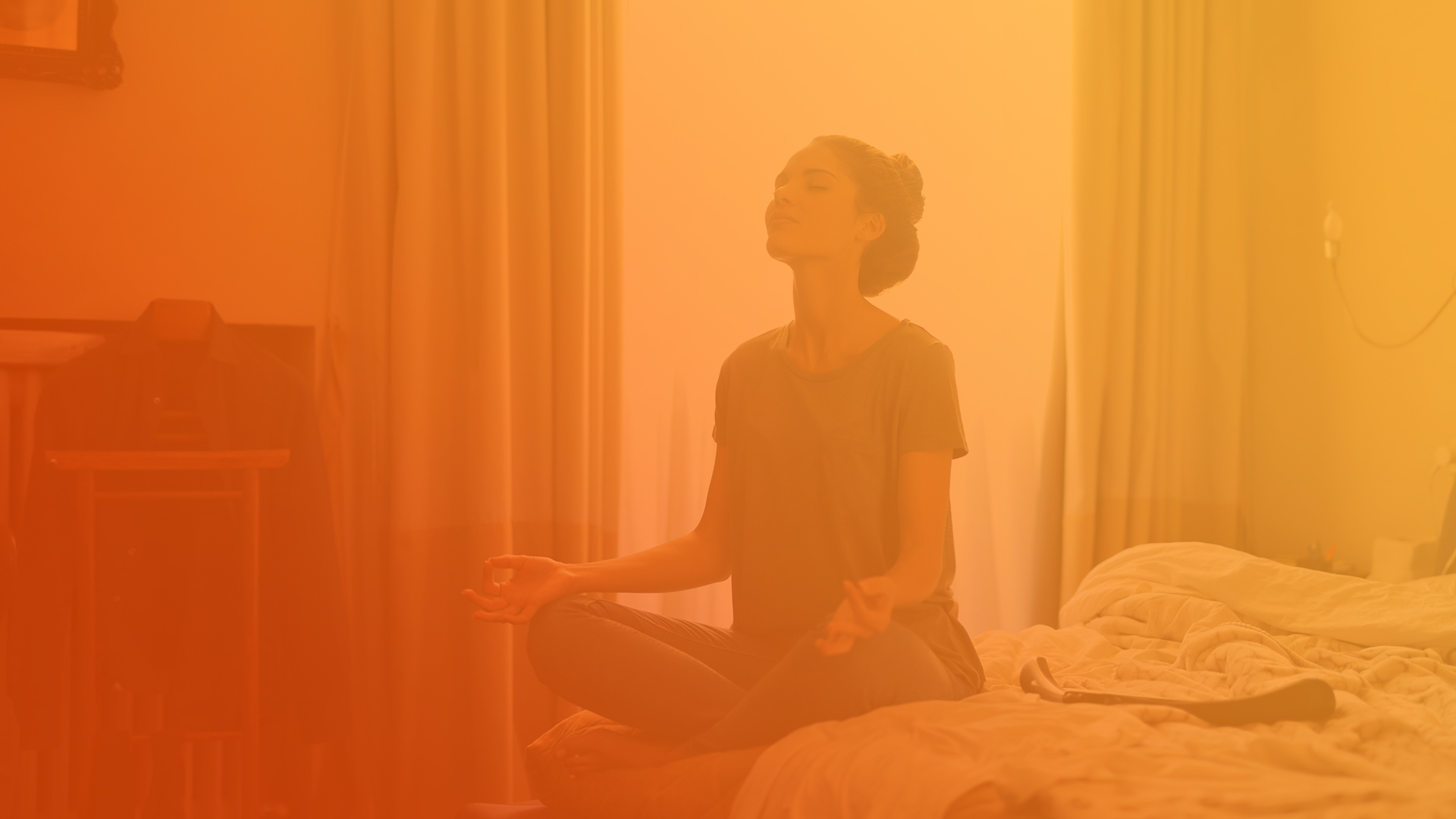
Meditative yoga
"Yoga does not only have a multitude of physical benefits, such as strengthening muscles and improving mobility to name a few, it can also aid our wellbeing", Steve explains, "This popular practice relieves physical tension whilst calming your mind by encouraging relaxation, through muscle tension and relaxation, deep stretches and targeting breathing."
A study by Total Fitness found that 1 in 3 millennials feel less stressed and anxious after practising yoga, and Innerbody Research also came to the same conclusion. There are plenty of free yoga classes available online including meditative yoga classes which incorporate elements of meditation into the physical practice and is a great option for the evenings.
You might need a yoga mat, though.
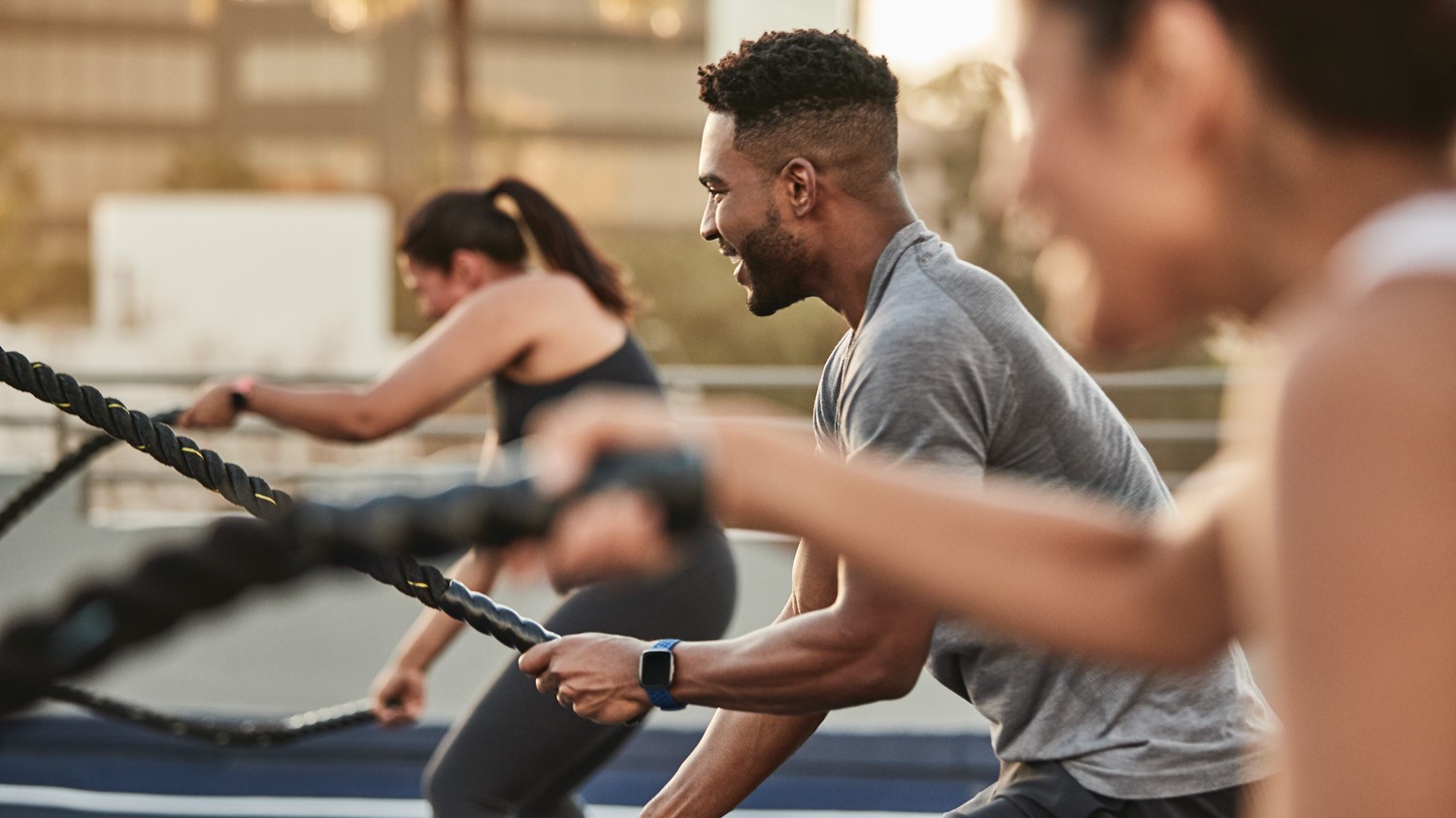
High-intensity interval training, a.k.a. HIIT
Steve is a big fan of HIIT: "Built up of intense exercises and a fast pace, HIIT workouts are a fantastic way to tire out your muscles and help prepare you for the deep sleep your body needs. As many of us are spending the entire day at home and at our desks, HIIT workouts are a great way to get the blood pumping and aerobic system working, which is important for your overall health."
There are plenty of online HIIT classes you can follow, or simply create your own circuit: choose your 5 favourite aerobic exercises, such as burpees, jump squats, and mountain climbers. Do each exercise for 30 seconds with a 10 second active rest between, then repeat 3 times.
In case you need more encouragement, here are five reasons why you should try HIIT and the ideal calorie-burning temperature for HIIT workouts. One of the many benefits of HIIT training that it can be done anywhere and with any equipment, however we recommend having a look at the list of the best HIIT workout gear for inspiration.
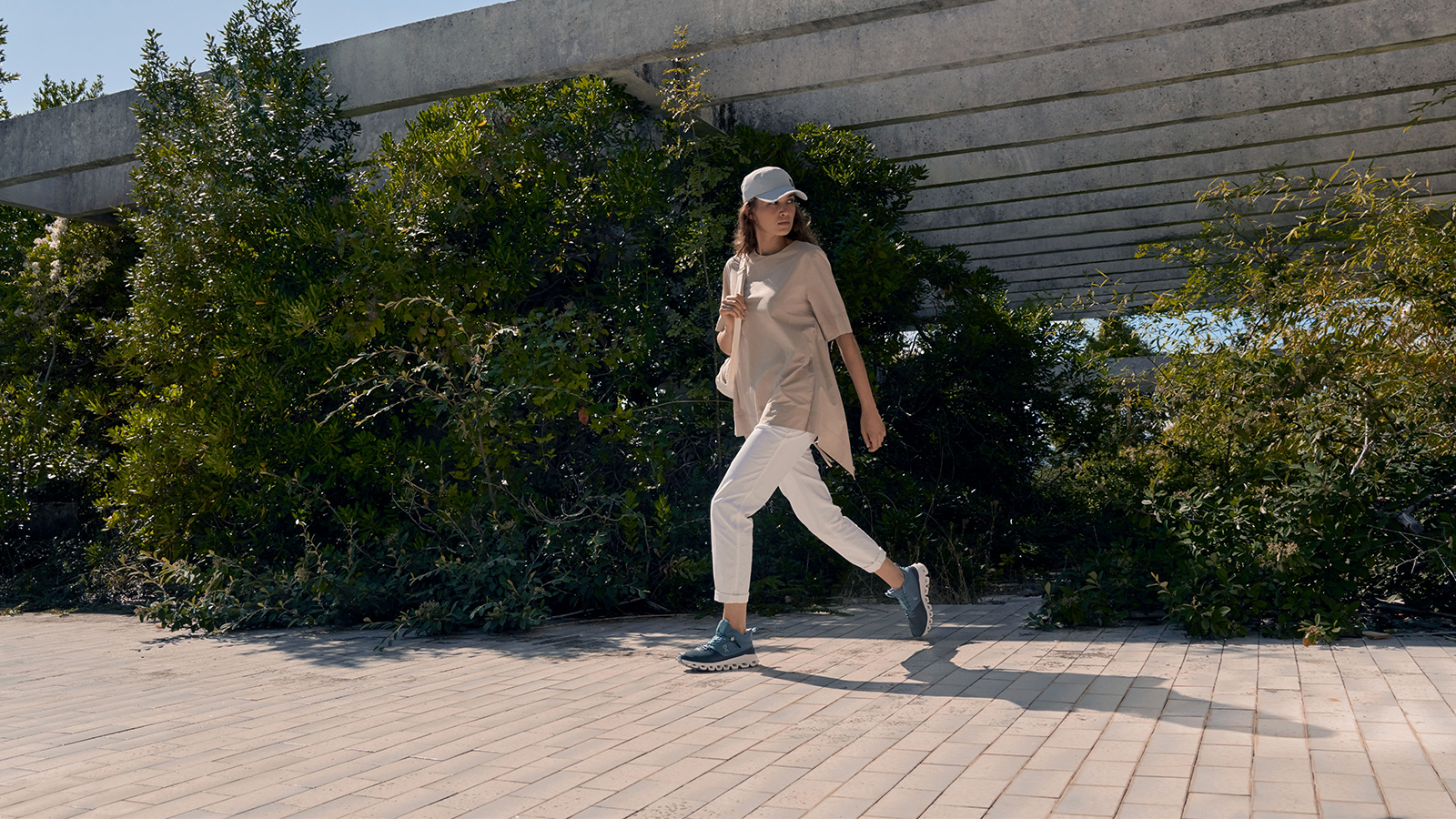
Walking and/or jogging
Brisk walking is the single most underrated type of workout in the world, period. It is also the perfect way to get some fresh air and work your muscles. "Brisk walking is a great form of exercise for people of all fitness levels and experience", Steve goes on, "The impact a brisk walk can have on your body is not to be overlooked – 30 minutes of brisk walking will burn between 100-300 calories. In addition to this, the change of scenery will provide stimulation and a much-needed break from screens, which can be disruptive to our sleep."
If you’re finding that your favourite walking route doesn’t tire you out much, then try increasing the duration of your walk or switching up the tempo to a mid-paced jog. Here are the best running tips for beginners and, of course, the ultimate guide for the best running shoes.
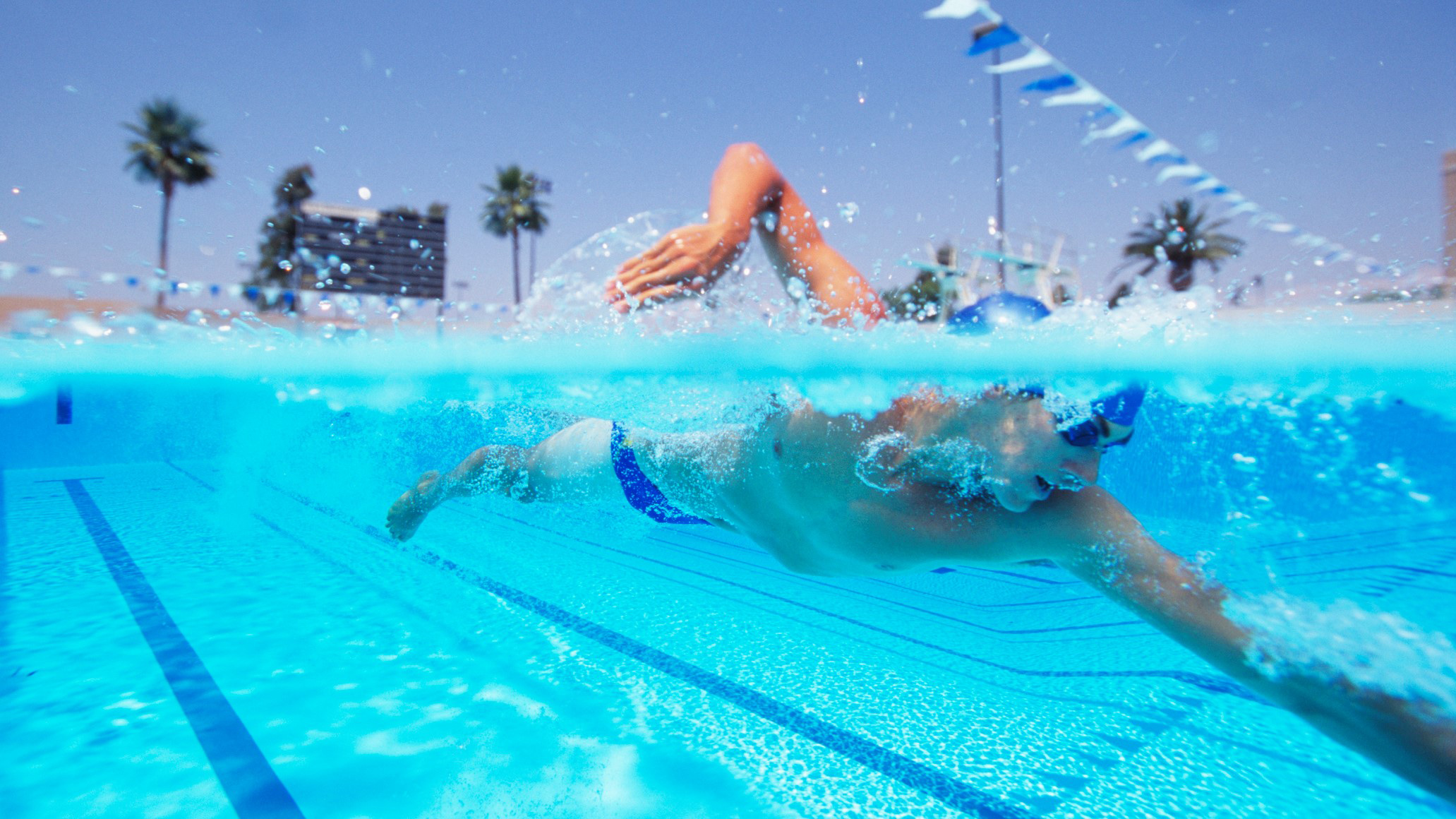
Swimming
Swimming is a fantastic exercise to consider taking up in the future if you want to improve your sleep schedule. Steve is a big fan himself: "Swimming is a high-intensity exercise that engages all the muscle groups in your body, including the large muscles in your shoulders, chest, quads and abdominals. Using all these muscles means that a lot of energy will be expended whilst swimming, so your body will need plenty of time (and sleep) to repair and recover."
"What’s more, our bodies also use up energy trying to maintain a warm body temperature whilst we swim - this leads to a greater fatigue than other high intensity forms of exercise", he adds.

Matt Kollat is a journalist and content creator who works for T3.com and its magazine counterpart as an Active Editor. His areas of expertise include wearables, drones, fitness equipment, nutrition and outdoor gear. He joined T3 in 2019. His byline appears in several publications, including Techradar and Fit&Well, and more. Matt also collaborated with other content creators (e.g. Garage Gym Reviews) and judged many awards, such as the European Specialist Sports Nutrition Alliance's ESSNawards. When he isn't working out, running or cycling, you'll find him roaming the countryside and trying out new podcasting and content creation equipment.